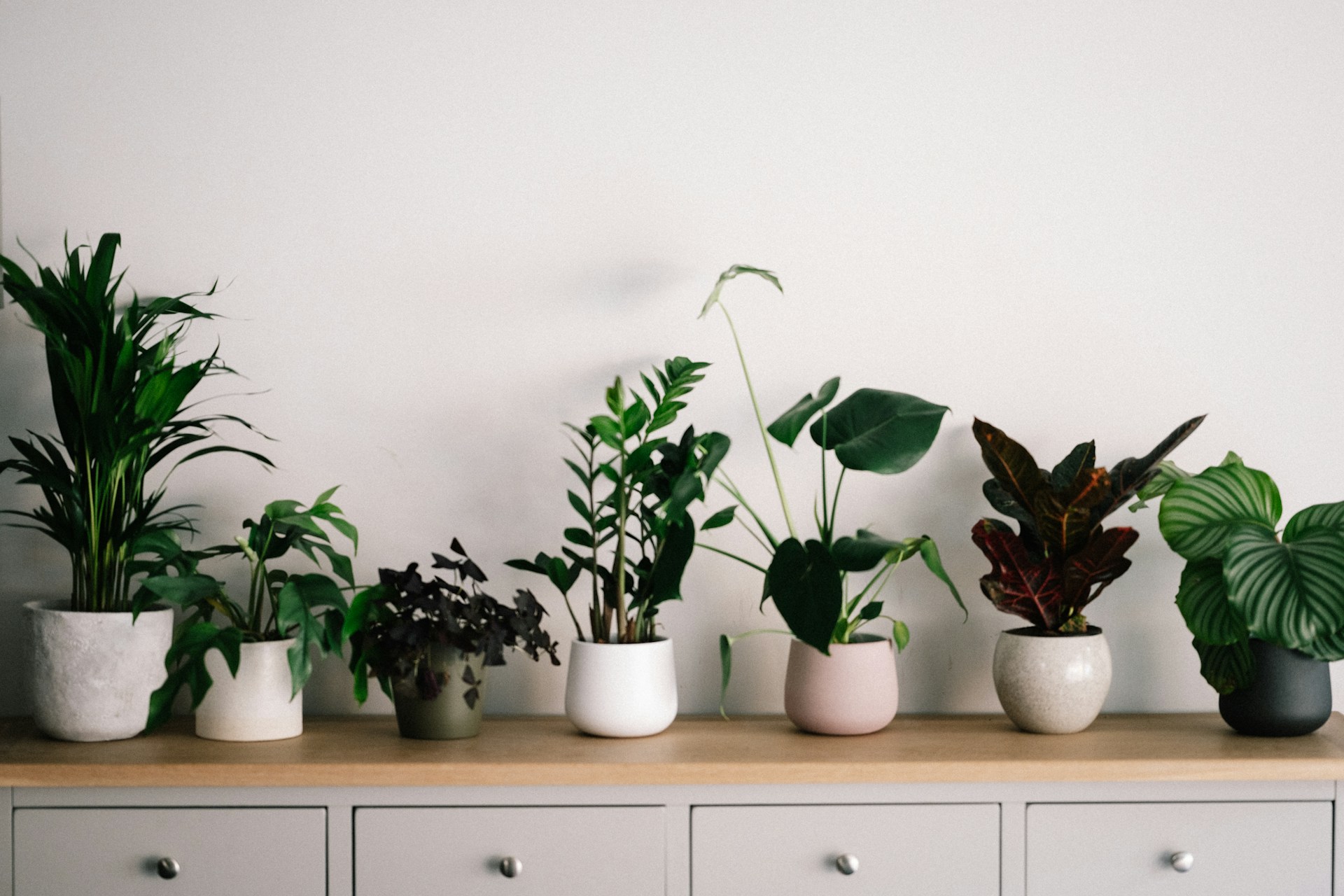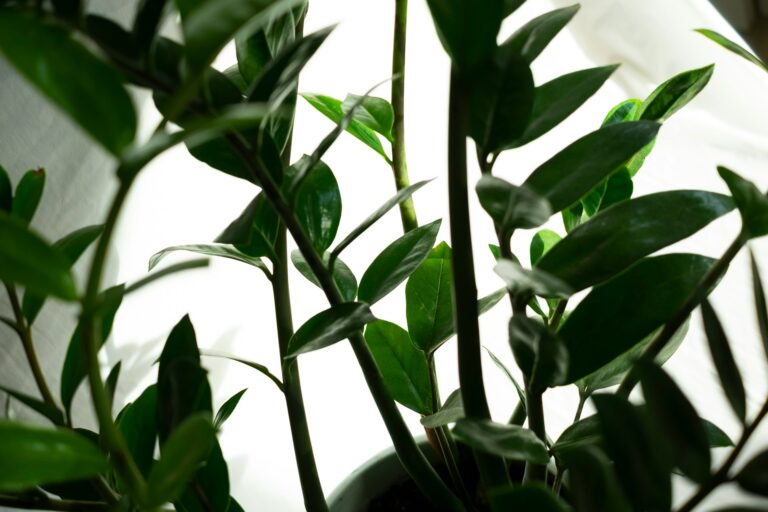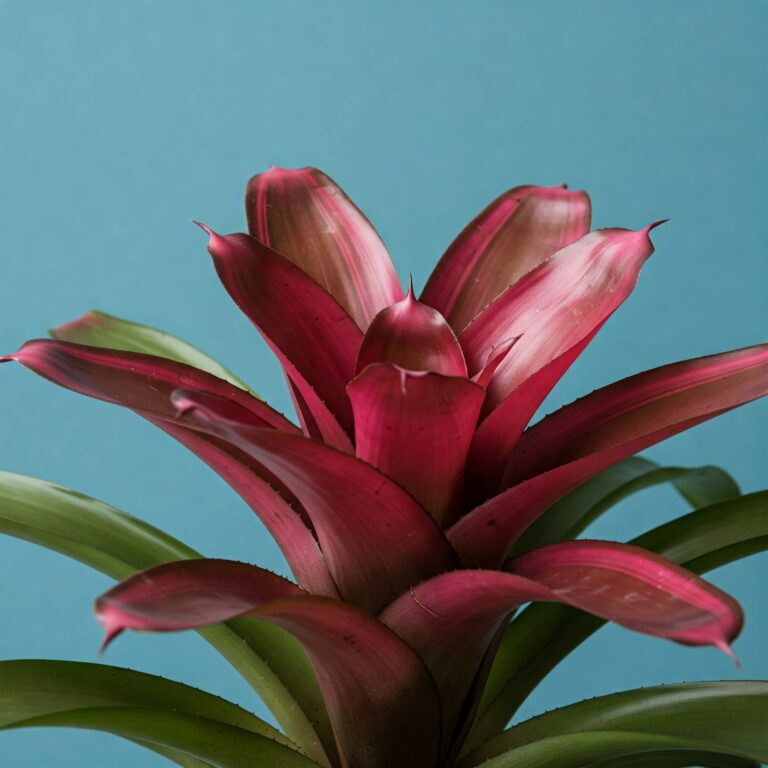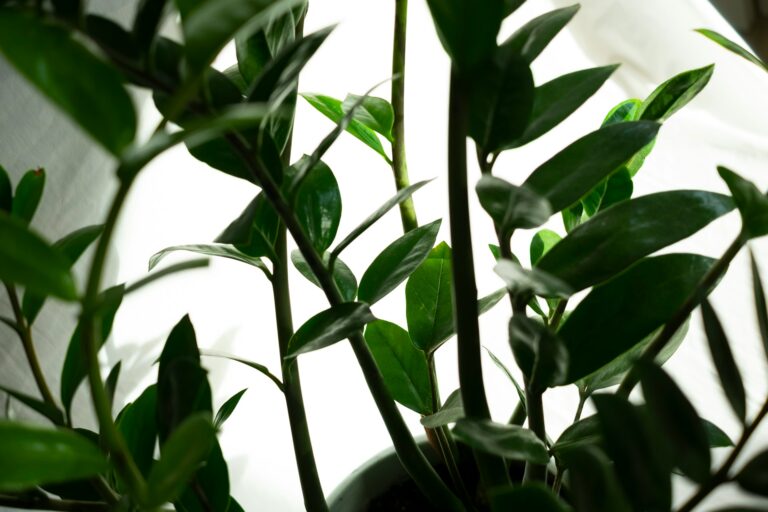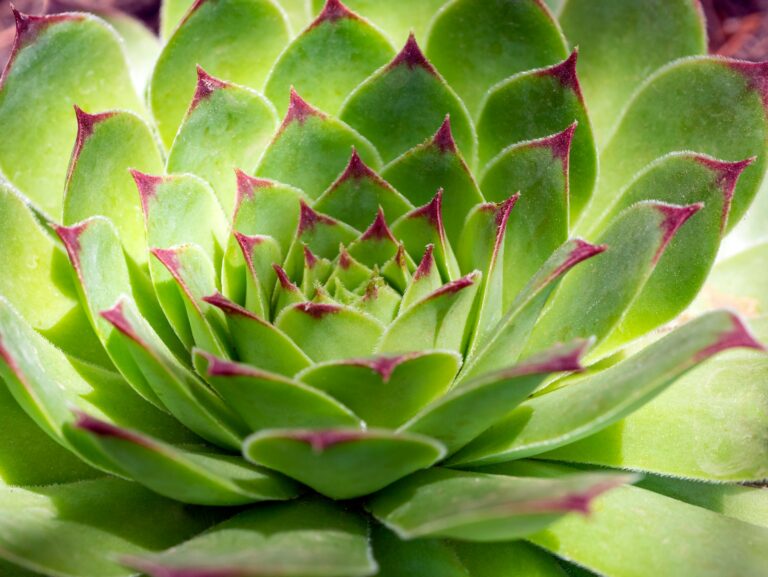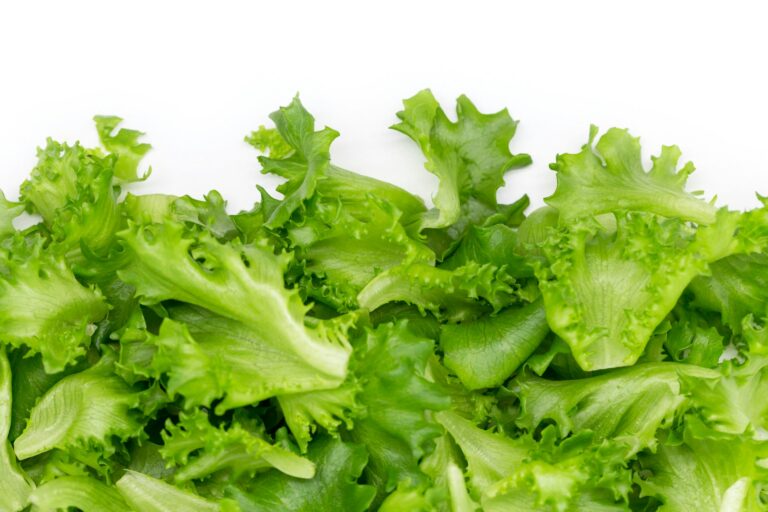If you are a chef or a food enthusiast, you know vinegar very well from the kitchen. Vinegar is commonly for use in cooking and cleaning some utensils. However, it’s often used in the garden for various purposes.
So, can vinegar kill houseplants? Yes! Vinegar can kill your houseplants if you apply it directly on the plant’s leaves or soil. It is harmful to plants because it contains 5% acetic acid. However, if used correctly, it is an excellent solution to repel cats, pests, and insects from attacking your plant.
This article will help you understand how harmful vinegar is to your indoor plants. How to keep your plants safe from vinegar.
How can vinegar kill houseplants?
As you have seen above, vinegar is made up of 5% acetic acid, which is harmful to plants. Even though it’s used to prepare food, it is different when applying it to plants.
You can use it to keep away animals and pests, but you must do it correctly. So how does vinegar kill houseplants?
It kills houseplants when it comes into direct contact with the leaves or the roots. When you pour or spray vinegar on the plants, the acid starts to eat through the outside layers of the leaves. It then damages the waxy cuticle to expose the cells beneath the leaves.
In a plant, the waxy cuticle prevents water loss from cells. When the acid damages the cuticle, the plant loses water, which will dry from lack of water. So, vinegar kills houseplants by drying the leaves.
As we said, a plant can get affected if the vinegar is sprayed directly on it. For instance, only the plant leaves will be affected if you spray it on the leaves.
That’s to say, you can save the rest of the plant if you spray vinegar on the leaves. But if it is on the soil and has reached the root system, it can dry roots and destroy them, killing the whole plant since they rely on roots to survive. You can check the roots to see if some are healthy, but the chances of survival are minimal.
However, if you apply a small amount to the soil and it has not reached the roots, you have to change the soil to fresh soil. Vinegar is an acid, and it can change the soil pH level. Changing the pH levels is indirectly killing your plant. So, purchase fresh potting soil for your houseplant before it is affected.
Which plants can survive vinegar?
We already know vinegar kills houseplants, however, some plants can survive, and others will have minor effects. Let’s take a look at how vinegar affects different plants.
- Acid loving plants
These are plants that grow well in acidic soils. If you apply vinegar to their leaves or on the soil, they will remain healthy and continue growing. They include;
- Camellias
- Azaleas
- Japanese anemones
- Gardenias
For these plants, you can comfortably use vinegar when their pH level drops.
- Succulents
Most people are worried that vinegar can kill houseplants. Well, if you use it in small amounts, it won’t affect your plants. It will only leave burnt scars on the leaves.
However, if you use too much vinegar, the plant will within 2 months. Vinegar causes a fungal infection in the leaves of the succulents. So, when you use it in large amounts, the fungal infection will spread faster, making it easier to affect and kill the plant.
Succulents like Aloe Vera and Haworthia can survive vinegar, but others like Huernia and Echinocereus won’t survive.
Other plants can only survive if you use small amounts of vinegar and clean it off before it affects other parts of the plant. If you accidentally use large amounts, it’s better to let the plant die than try to save it. Here are some of the houseplants;
- Indoor trees
- Herbaceous plants
- Small seedlings
- Old plants
Things to do if you apply vinegar to your houseplants.
Sometimes, you can apply vinegar mistakenly to your plants. Once you do that, you must clean it off immediately. Here I will show you how you remove vinegar from the leaves or the soil.
When you apply vinegar to the leaves, clean it before it dries. You can’t remove it if it dries, and it will penetrate into the plant cells. So how do you clean off vinegar?
- Take a clean cloth and dip it in water to make it wet. Use the wet cloth to wipe the leaves, stem, and other parts of the plant that came into contact with vinegar. A wet cloth dilutes the vinegar, reducing its strength, while a dry cloth will only spread it to other parts of the plant.
- If you apply vinegar to the soil, it’s necessary to repot the plant before the vinegar reaches the roots. Also, since vinegar can alter the soil pH, it’s better to change it to avoid creating acidic soil for your plant. Ensure that you repot as quickly as possible to minimize the damage. After repotting, add water to reduce stress and help it grow.
What are the benefits of using vinegar on houseplants?
When caring for a plant, you should avoid vinegar. Just remember, vinegar kills houseplants. Yet, it is essential if you use it correctly. Use it if you don’t have other options.
Here are the reasons why vinegar is important to your houseplants.
To kill and repel pests and insects
You can get rid of pests and insects using insects. The smell of vinegar makes them fly away. The best way to use it without killing your plant is to soak the towel in vinegar and then wrap it around the base of the pot.
Also, you can use cotton balls. Soak them in vinegar, drain off excess vinegar and place them over the soil.
To kill weeds
If you don’t have access to commercial weed killers, you can kill weeds using vinegar.
Since you are applying it on the soil, use a small amount and ensure it doesn’t touch the plant. You have to be careful when doing this. A slight mistake can cost you the whole plant.
To repel pets from the houseplant
Pets like playing and chewing some of the plants you have indoors. That can be frustrating, especially if it destroys the plant you care for.
To prevent your pet from playing with it, you can use vinegar to keep it away. The smell of the vinegar repels pets. You can use the towel method to ensure it doesn’t get near your plant.
Conclusion
To the question, ‘can vinegar kill houseplants,’ I believe you got the correct answer and how you can stop it from killing the plant.
Vinegar is harmful to some plants and helpful to others. Still, you can use it for other purposes, such as protecting your plants which is an advantage. So, it all depends on how you use vinegar on your houseplants.
